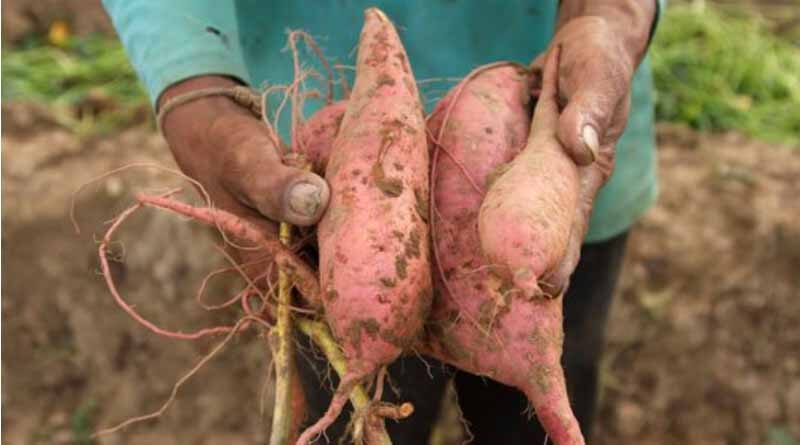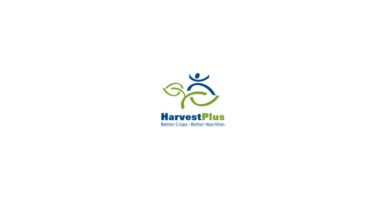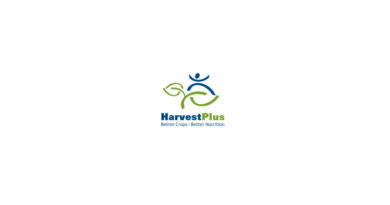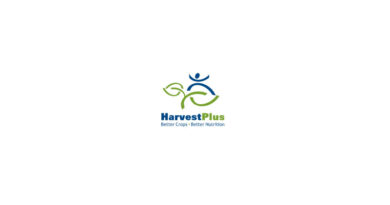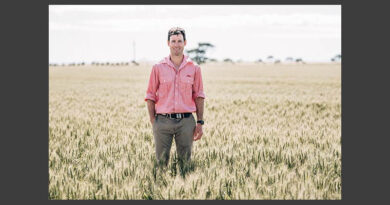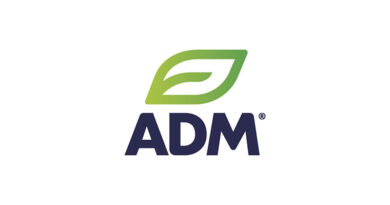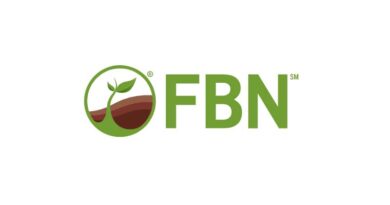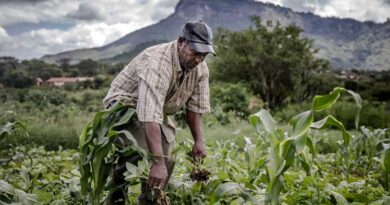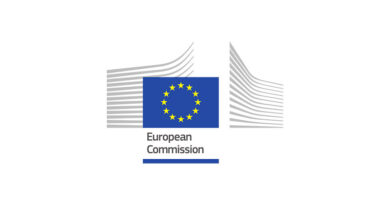Zimbabwe Welcomes Launch of Vitamin A Orange Sweet Potatoes as a Wholesome Staple
10 August 2021, Zimbabwe: With the addition of vitamin A orange sweet potatoes (OSP) to the Zimbabwean food basket through the Livelihoods and Food Security Programme (LFSP), the country has a powerful new response to widespread vitamin A deficiency among children under five and women of reproductive age.
The biofortified OSPs contain not only vitamin A but also zinc and iron, making them an important root crop to improve food and nutrition security. The crop has grown in popularity for its high-yielding, drought-tolerant, and easy-to-grow characteristics, well-favored by farmers.
According to the Ministry of Health and Childcare, one in four children has vitamin A deficiency and about 72 percent are living with iron deficiency. According to UNICEF statistics, over 25 percent of Zimbabwean children are stunted.
Under the LFSP, which is funded by the UK Foreign, Commonwealth and Development Office (FCDO), HarvestPlus and its partners in Zimbabwe have led the farmer participatory evaluation of six varieties of OSP imported from the International Potato Center (CIP) in Mozambique. Registered under the names Aisha, Victoria, Delvia, Sumaia, Namanga, and Irene, the six varieties were tested for yield, pest and disease tolerance and sensory characteristics such as taste.
The most promising variety identified in the research trials was Aisha, which exhibits wide adaptability to different conditions and can provide stable, high yields in the range of commercial varieties. It also had average dry mass, good taste, and produced the highest number of marketable roots of any of the tested sweet potatoes. The researchers believe that Aisha can perform well in many regions of Zimbabwe.
The prevalent malnutrition situation in African countries, and Zimbabwe in particular, has led to extensive efforts to enrich widely cultivated, staple food crops with vitamin A, either through traditional plant breeding or molecular methods. The approach employed by HarvestPlus and partners is known as biofortification , which is based in conventional (non-GMO) breeding of staple crops to be richer in key micronutrients.
Sweet potato is an excellent candidate for biofortification in Zimbabwe for several reasons. White and cream-colored sweet potatoes are already widely grown across Zimbabwe. The sweet potato is one of the best natural sources of beta-carotene, which is converted to vitamin A in the body. And the levels of provitamin A carotenoids, such as beta-carotene, are inherited in sweet potato and can be easily recognized due to their pigmented color. All these led to the development of OSP; a biofortified variant of sweet potato in African countries.
Zimbabwe LFSP officially launched OSP at an event on April 15, 2021, with an inauguration by Dr. John Basera, Permanent Secretary in the Ministry of Lands, Agriculture, Fisheries, Water and Rural Resettlement. The event was attended by LFSP partners, government departments, and the private sector, and research institutions from across the country. Over 270 participants joined the event virtually due to COVID-19 restrictions.
HarvestPlus and its LFSP partners have worked to position OSP as a crop of choice for addressing vitamin A uptake in Zimbabwe. The attendees at the launch commended OSP for both its nutritional and commercial value.
FCDO Zimbabwe Development Director Geraldine O’Callaghan, hailed the LFSP for its initiatives that have helped to fight hunger and malnutrition in Zimbabwe. She said: “Orange sweet potatoes will play a key role in fighting hunger and malnutrition in Zimbabwe, hence they should be produced and promoted extensively. This is part of FCDOs global approach to research and development.”
HarvestPlus Regional Director for Africa Donald Mavindidze said, “OSPs are improving access to nutritious foods as a food source. Also, the additional income generated from sales of the crop is enabling farmers to buy other nutritious foods for their households.”
Since 2015, 130,000 metric tons of vitamin A orange maize and 165 metric tons of iron bean seed have been distributed to about 250,000 households and 12 districts. Based on the past success of biofortification in the country, the government of Zimbabwe has included biofortification in the National Agriculture Policy Framework 2019- 2030. One of the pillars under the framework will be driving food and nutrition security and resilience.
HarvestPlus has promoted OSP in other African countries. For example, in Uganda, HarvestPlus with support from USAID and Samaritan’s Purse, trained Ugandan farmers in value addition and product development, such as making a combination of OSP-wheat products like chapatis (flatbread) and doughnuts. Marketing strategies were used to entice consumers, particularly children, with use of such items as branded umbrellas. With proceeds from market sales and OSP vines and roots, local farmer associations (such as Byabasambu Twimukye Association) established a micro-lending scheme enabling Ugandan women and youth to open small businesses, buy livestock, pay school fees and improve their diets.
Today, 11 countries in Africa have released OSP varieties. In Zimbabwe, the goal of HarvestPlus and its partners is to scale up the production and consumption of biofortified crops (such as OSP) through collaboration with the government and private sector. If the existing biofortified OSP varieties in the market can enjoy large-scale production then they are expected to considerably reduce vitamin A deficiency in Zimbabwe.
To further reach the sweet potato market in Zimbabwe and to increase the uptake of the vitamin A enriched OSP, HarvestPlus and LFSP are actively working to establish multiplication centers in farming communities. The multiplication centers will ensure that more Zimbabwean farmers have access to OSP for better nutrition and enhanced incomes. The increase in income is expected to improve the living conditions of smallholder farmers, especially women and youth in Zimbabwe.
The LFSP is an FCDO funded program that managed by the Food and Agriculture Organization of the United Nations (FAO) with HarvestPlus as the program’s technical lead on biofortification.

